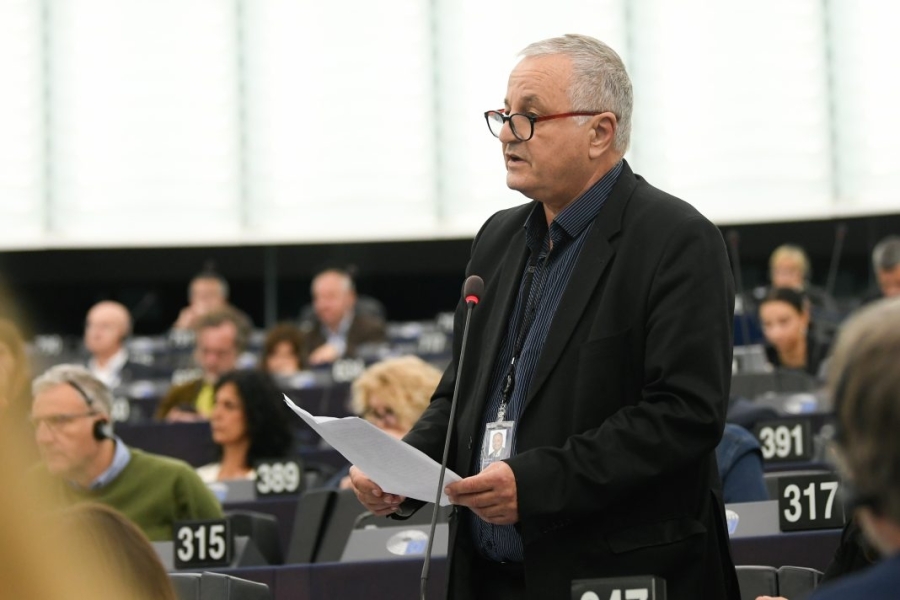With improved cooperation, cohesion policy has the potential to address a series of social, economic, demographic and environmental challenges in the Mediterranean.
Better coordination of cohesion policy with other EU and national measures can lead to more sustainability in the Mediterranean basin. MEPs gave a green light to an-own initiative report on multidimensional environmental challenges in the Mediterranean basin with XX votes against Y and z abstentions.
Funds to support sustainable projects
According to MEPs, environmental problems in the region, such as pollution, rising water temperatures, proliferation of extreme weather events, water shortages and biodiversity loss are cross-cutting and complex and thus require all local, regional and national actors to adopt a common approach and cooperate more effectively. Available funding should be better coordinated and its use monitored to ensure environmental effectiveness.
MEPs call for easier access to cohesion funds for small and medium-sized enterprises (SMEs) that can contribute to finding innovative solutions for the deployment of renewable energies and for circular and blue economy. Parliamentarians support investments into ambitious environmental measures in the Mediterranean.
Sustainable tourism and macro-regional strategy
To help the region tackle increasing number of natural disasters such as fires, floods, earthquakes and drought, Parliament invites the Commission to study the possibility of tailoring the EU civil protection mechanism better to the needs of the Mediterranean basin and to put forward a proposal for a strengthened Solidarity Fund. MEPs also invite member states to develop sustainable tourism action plans to help mitigate its social and environmental effects.
Parliament invites the European Council to submit to the Commission a detailed macro-regional strategy for the Mediterranean and asks the Commission to support it. Active involvement of regions and local authorities under the strategy has the potential to address challenges facing the whole basin, say MEPs. They want such strategy to be approved under the Spanish Presidency in the second half of 2023.
Parliament adopted its position with 564 votes in favour, 14 against and 47 abstentions
Following the plenary vote, rapporteur François Alfonsi (Greens/EFA, FR) noted: “The Mediterranean Sea is a European sea for half its length. Europe can no longer remain passive in the face of the continuous regressions within this ecologically fragile area. These regressions are further increased by global warming, to which the Mediterranean is particularly vulnerable. If Europe remains passive any longer, the situation will continue to deteriorate and the European Union will bear the responsibility for not having implemented its capacity to act. This is the message sent today by the European Parliament through this report, to the main leaders, the Commission, the States and the neighbouring Regions.”
According to the draft report, the Mediterranean region has the sixth largest accumulation of marine litter in the world and its maritime transport carries 20 % of the world’s trade. Mediterranean basin is warming 20 % faster than the global average and around 80 % of fish stocks are suffering from overfishing. This leads to severe environmental consequences such as pollution, water shortages, biodiversity loss and food insecurity.







